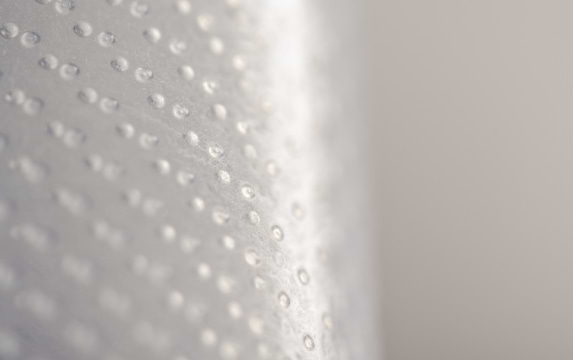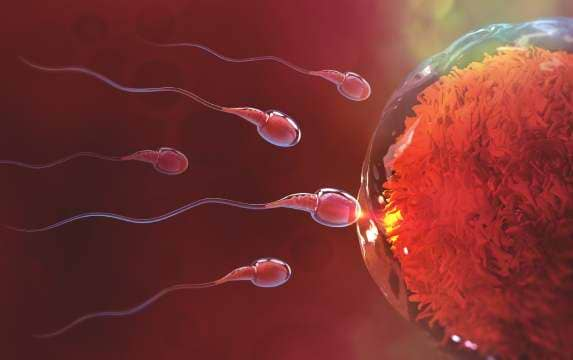What Causes Morning erections? Why do Morning Erections Disappear Occasionally? And When is it a Cause for Concern?
When a man is used to waking up with an erection and he takes this phenomenon for granted, it could be a bit of a shock to wake up without one.
Morning erections occur in men of all ages. In general, they are an indication of good sexual health, and that the sexually-related vascular and nervous systems are functioning properly. The absence of morning wood, on the other hand, might indicate erectile dysfunction (impotence) in certain cases.
Although we are used to call it ‘morning wood’, this term is not entirely accurate, because in practice men usually get several erections during the night, with the last one occurring upon awakening.
What Causes Morning Erections?
The cause of nocturnal and morning erections is still not entirely understood, though there are several plausible scientific theories for that. These are the main ones:
- Fluctuations in Noradrenaline – When we are awake, the body releases a neurotransmitter called noradrenalin, which is involved in inhibiting erections in the absence of sexual stimulation. However, during deep sleep (when we dream) the brain inhibits the release of noradrenaline, so when noradrenalin’s blood levels drop, there is nothing in fact to suppress erections, and they occur spontaneously.
- Fluctuations in Testosterone – during sleep, the body releases higher levels testosterone (the male sex hormone). Testosterone levels reach a peak each time a man enters into the dreaming phase (referred to as REM sleep) and immediately upon awakening from a REM sleep. These peaks in testosterone are related to the occurrence of erections throughout the night and immediately upon awakening in the morning.
- Unintentional Contact Stimulation – even when we are asleep our body keeps responding to stimulations. Therefore, accidentally touching the matrass during sleep or the accidental graze of the genitals by a partner, may cause an erection.
- Supplying oxygenated blood to the penis –blood supply enhancement to the penis during sleep is important for maintaining penile tissue health and for preventing scar tissue formation and the narrowing of blood vessels, which can lead to erectile dysfunction.
For further reading about the causes of morning erections»
When You Wake Up Without a Morning Wood
So what does it mean if you wake up without a morning wood?
As mentioned, morning erections are a normal and healthy part of life. Furthermore, they indicate that physiologically, the body can keep producing erections on regular basis. An erection depends on normal neurological function and blood flow to the penis. Thus, if an erection occurs when you are asleep, it is a good sign that “everything will work” once you are awake. That is, you are physically capable of attaining and maintaining an erection during sexual stimulation. On the other hand, it is possible to wake up occasionally without an erection – this is considered perfectly normal as long as it doesn’t happen continuously. It all depends on the quality of sleep: while deep REM sleep usually entails a morning erection, if you wake up from a non-REM sleep, then a morning wood is likely to be absent.
However, if you tend to wake up often without a morning wood, or if you experience a sudden drop in nighttime or morning erections, it could be a sign of an underlying health problem which causes erectile dysfunction (ED).
Another common cause for infrequent morning erections, is age-related degradation of the collagen fibers in the erectile tissues, i.e., the tissues responsible for “locking” the blood in the penis during erections. When the collagen fibers begin to wear down, penile blood leakage usually occurs (medically referred to as ‘venous leakage’), leading to erection loss upon awakening and during sexual intercourse. This is one of the main reasons for age-related ED, though most men are unaware of it.
In addition, certain physical conditions might affect the nerves and blood vessels supplying the penis and cause ED. They include high blood pressure, high blood lipids, type 2 diabetes, atherosclerosis, heart or kidney disease, Peyronie’s disease, genital injuries, a complication of pelvic surgery and more. Likewise, certain medications can cause ED and the lack of morning erections, such as antihypertension medications, relaxants, antidepressants, antacids, appetite suppressants, medications for the treatment of benign prostatic enlargement, various pain killers and more.
What Should You do If You Lack Morning Wood?
Firstly, as lack of morning erections could be the first sign of an underlying medical problem, if you experience a sharp decrease in their frequency, you should consult your physician about it.
If the decrease in frequency or lack of morning erections is related to ED, then there are various effective treatments to help restore sexual function. One of the most common treatments are drugs belonging to a class of medications called PDE5 inhibitors, which work by increasing blood flow to the penis (such as the famous Viagra).
In cases of age-related penile tissue degradation, there exists a novel therapy based on radio frequency energy (RF technology), which works on the restoration of penile collagen fibers and the entire spontaneous erectile mechanism. Unlike other ED treatments, this therapy treats the root cause of ED and may even be used as a preventative measure, by promoting constant synthesis of new penile collagen fibers, and consequentially – enhancing the erectile mechanism.
In addition, sometime even simple lifestyle changes can improve sexual health and restore your morning wood. For example, adopting a daily exercise routine or otherwise at least 150 minutes of moderate-intensity exercise per week, can improve heart health as well as blood circulation to the penis which may restore morning erections.
The Company hereby clarifies that the information contained on the website is for informational purposes only, and is not intended to be a substitute for professional medical and healthcare advice, and does not constitute medical advice or opinion. Always seek the advice of your physician or other qualified health provider with any medical condition or question you may have regarding a medical condition.





